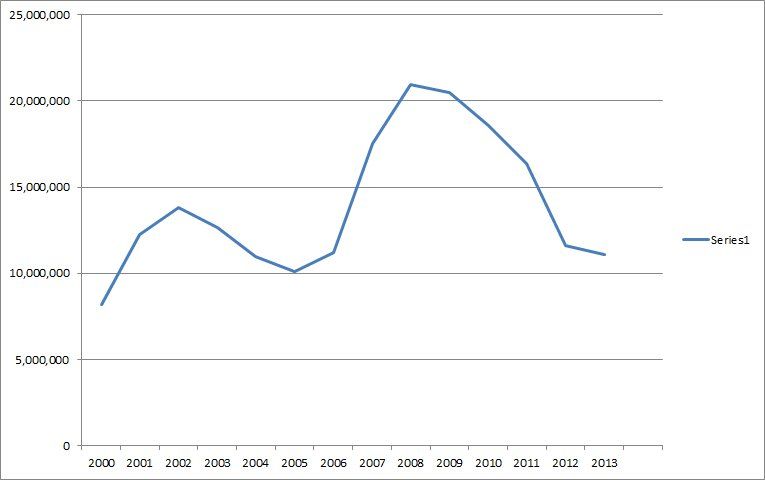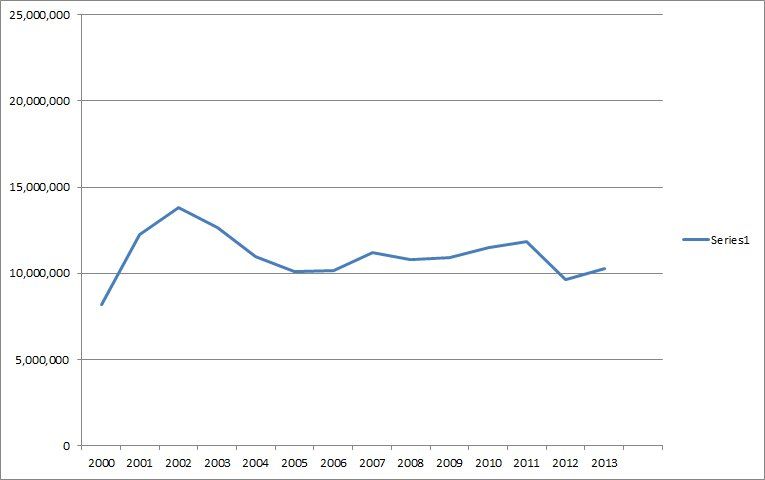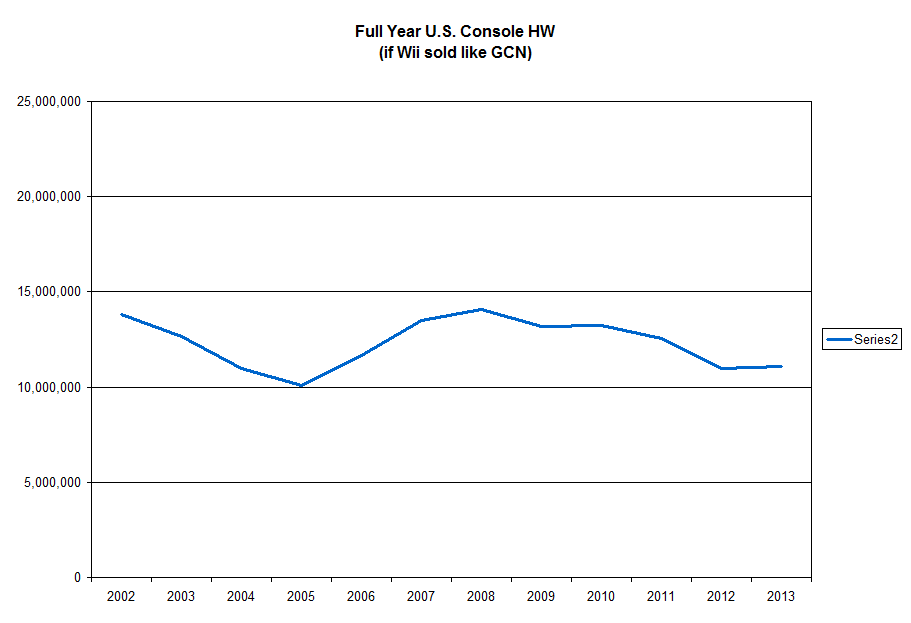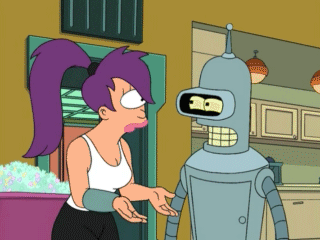No one thought they would ever buy a single console, and then they bought the Wii. I think it's much easier to imagine someone getting them to buy a second console once we've already proven they will buy a first. The problem is that Sony, MS, and Nintendo didn't do it.
That's certainly true, but only to a degree. We can't pretend that smartphones and tablets have only taken off as game devices due to negligence by console makers.
Firstly, they DID try. Nintendo (stupidly) thought the Wii U Gamepad would resonate with tablet owners, clearly that was not the case. Sony thought Move would appeal, and Microsoft had a hit with the Kinect, and doubled down on it for this gen. They all failed to carry any significant part of that market into this gen, but they did, in fact, try.
On the flip side of that coin, there's no way that smartphones and tablets could have zero impact on console gaming, particularly phones. Phones are ubiquitous and necessary, and smartphones offer far too much functionality for a console to be a substitute. So there was no way to prevent their trojan horse entry into the games market.
Getting someone to buy a second console should be easier, in a vacuum. But let's not forget that the Wii was largely pre-smartphones/tablets, and we are now in a world where those are commonplace, to put it mildly.
A smartphone/tablet owner is less likely to buy anything which they feel they no longer need due to their phone. Things on that list may include regular phones, watches, calculators, GPS devices, PCs and laptops, voice recorders, flashlights, cameras, and game consoles.
It's worth noting that all those things still sell, and not just to people without smartphones. But the Wii demographic is probably content to consider their phone a suitable substitute for a game console.




